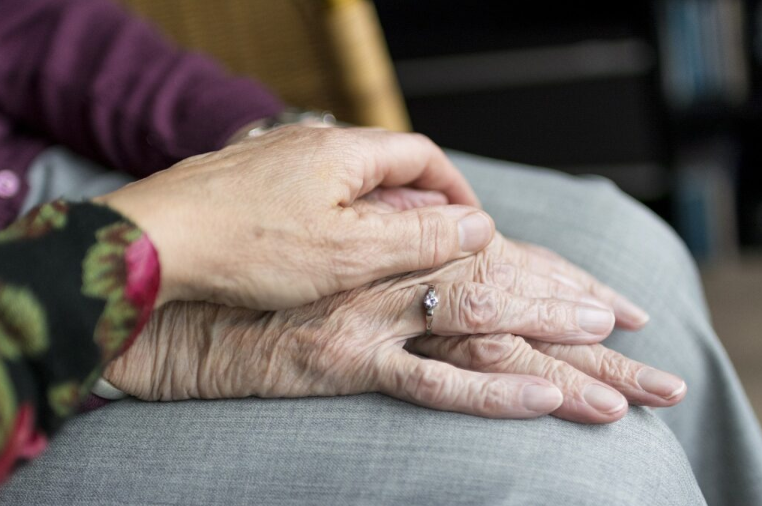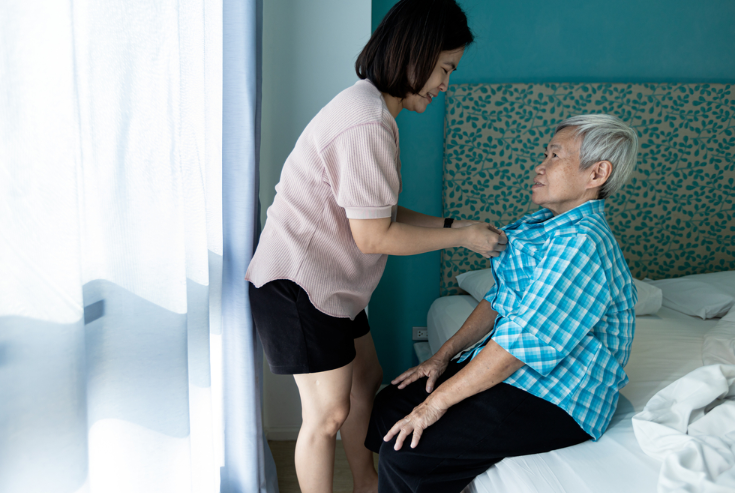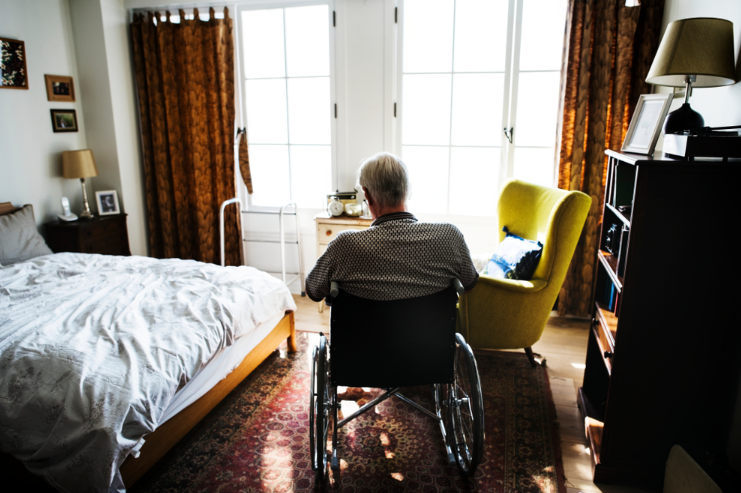According to the NHS, our bodies begin to exhibit certain signs as we approach the end of life. These changes can differ from person to person, but it’s important to recognize and understand them. Typically, these physical signs will last for hours or even several days as someone nears the end of their life.

The 9 Signs Someone Is Approaching the End of Life

If you have a terminally ill elderly relative living with you, being able to identify when they are reaching the end of their lives can be crucial. Here are 9 physical changes that occur when someone approaches the end of life. These include weakness, increased sleep, and decreased appetite. Let’s delve into these signs in more detail below.
Constant Drowsiness and Fatigue
Individuals nearing the end of their lives often have significantly less energy than when they were healthy. As a result, they may feel constantly drowsy and spend a lot of time sleeping. Allow them to rest as much as they wish. Offer comfort and help them change positions every few hours.
Loss of Appetite

At the end of life, many organs start to shut down and the body becomes very weak, making eating or drinking particularly challenging. Consulting a healthcare professional can help you find alternative ways to provide nutrition. If they can’t drink, try keeping their lips moisturized with balm to ensure comfort.
Changes in Breathing Patterns
The NHS notes that breathing patterns can become irregular as life nears its end. The person’s breathing may alternate between shallow and deep breaths, with occasional pauses. Due to mucus build-up, breathing might also sound noisy or like a rattle. If you notice these changes, try adjusting their position to make breathing easier.
Hallucinations and Confusion

End-of-life medications can sometimes cause chemical imbalances in the brain, leading to confusion or hallucinations. Hallucinations are when a person perceives things that aren’t really there, which can be distressing. Gently remind them of the current situation and who you are. Speaking in a calm, reassuring manner can also help minimize fear and confusion.
Drop in Body Temperature
During the last days of life, blood circulation slows and is focused on the vital organs, leaving less blood flow to the hands, feet, and legs. This can make the skin feel cold and appear pale or mottled with blue and purple patches. Even if they don’t feel cold, offering a blanket can provide them with comfort.
Changes in Toilet Habits

As a person nears death, they eat and drink less, leading to less frequent bowel movements and urination. While these changes can be distressing, they are expected. If the person loses control of their bowel movements, consider getting help from a caregiver.
Weakening of Muscles
Muscle strength decreases significantly in those who are terminally ill. This makes simple tasks like drinking from a cup or turning in bed difficult. Offering support with these activities, such as helping them lift objects or repositioning them, can provide comfort.
Reduced Social Interaction

As energy levels decline, terminally ill individuals often find it hard to engage socially. This gradual withdrawal is a natural part of dying and should not be taken personally. Recognize that they may need more rest and solitude. To maintain meaningful connections, plan visits around times when they feel up to having company.
Further Changes at End of Life
As death approaches, vital signs may undergo more significant changes. Blood pressure can drop, and the heartbeat may become rapid, faint, or irregular. The pulse might also be weak or hard to detect. These changes signal that the body is beginning to shut down completely.





